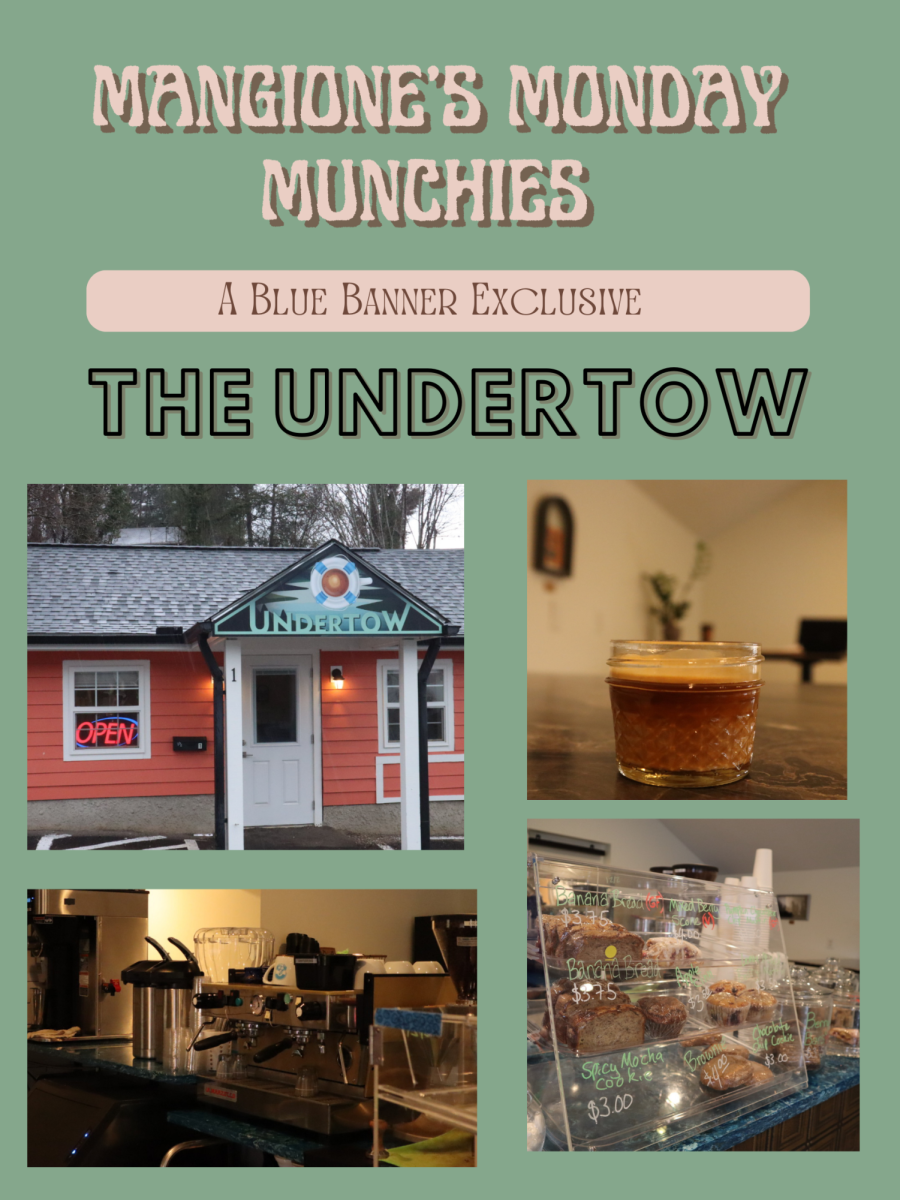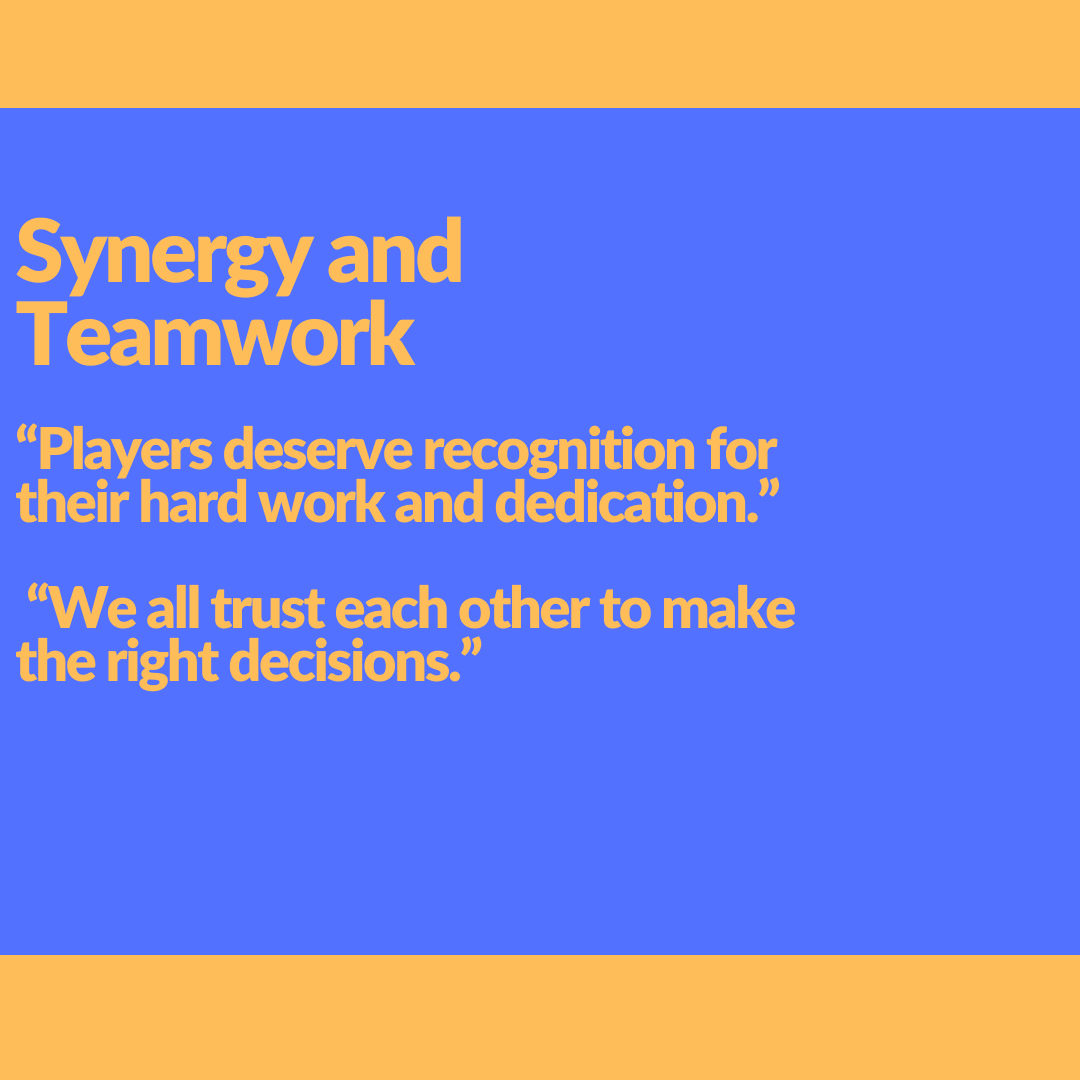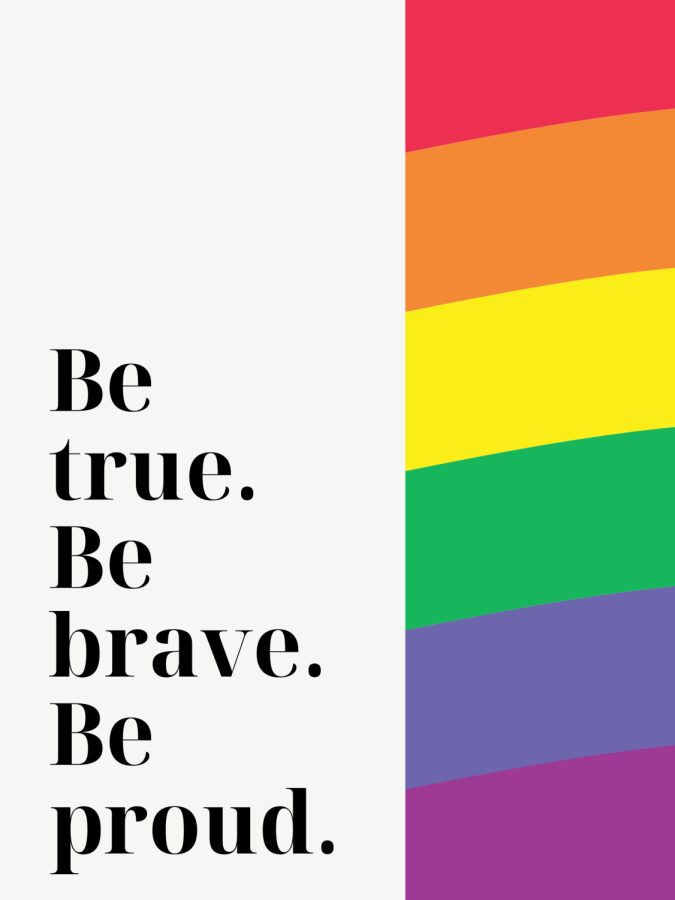By John Mallow, contributor
9/30/2015
UNC Asheville students seeking help for addiction have effective resources at their disposal, according to the Collegiate Recovery Community.
“There is a core group of collegiate recovery students who are forming a student organization, which is really exciting,” said Barbara Galloway, Collegiate Recovery program coordinator and counselor at UNCA. “As a student organization, their goal is to share the good news that recovery is possible.”
Among full-time college students in 2011, the rate of illegal drug use was 22 percent, according to a study by Drs. Brandon Johnson and Jeffrey H. Newcorn of Mount Sinai School of Medicine. Additionally, college students show significantly higher rates of binge alcohol use compared to similarly-aged adults.
“If they’re still using substances, and they have been abusing substances before they come to college and they’re a traditionally-aged student, it is one of their primary coping skills,” Galloway said. “It’s a way of socializing, managing stress and dealing with the world. Their skills are not well developed.”
Not all incoming students begin the semester with substance abuse issues, Galloway said.
“There are students who have dabbled and experimented with both alcohol and drugs in high school and, for whatever reason, it hasn’t gone too far,” Galloway said. “They get here and social anxiety kicks in.”
Recovering students transitioning to college face a huge hurdle in maintaining sobriety. Students face expectations to participate in the full college experience, Galloway said. These situations threaten the recovery of students.
“I’m a real believer that they shouldn’t have to choose. They should be able to come to college and have a full experience and be in recovery at the same time,” Galloway said.
The Collegiate Recovery Community provides resources to newly recovering students, such as information about meetings and assistance with transportation, said Keith Chichester, UNCA senior and one of the founding members of the CRC.
“It began by two people in recovery coming here from A-B Tech and contacting Barbara and asking if anything exists. Then she started to get the gears going and coining it a ‘Collegiate Recovery Community,’” Chichester said of the CRC’s creation.
Chichester, 24, participates in recovery groups outside of UNCA as well.
“I sponsor people and occasionally attend Narcotics Anonymous,” Chichester said. “On the whole, a lot of my social group is people in recovery and it’s nice to have the CRC on campus as an extension of that and something to integrate and connect people who might not know how many people in recovery there are.”
Chichester, sober for four years, revealed his reasoning for quitting drugs.
“I got sober when I was 20. I think the nature of drugs and alcohol is just that you get to a point where you have to get sober or you’ll die, or end up in prison,” Chichester said.
Maren Boehm, a senior sociology student, also spoke about her experiences with addiction and recovery.
“When I came back to school last summer, summer of 2014, I wasn’t sober but I was better than I had been for a long time,” Boehm said. “This is my first semester back, in recovery, sober and involved with the CRC, which I’m super thankful for.”
Boehm agreed to an interview but also said the CRC has an anonymity policy.
“I’m happy to be on record and publicly identified as being in recovery and involved with the CRC, but that’s by no means a requirement of going to CRC. We recognize that a lot of people want their recovery journey, their life in recovery, to be somewhat private.”
Students seeking discreet help can complete an intake at the Health and Counseling Center. They shouldn’t worry about being carted off to a treatment center due to the information disclosed, Boehm said.
“They’re not going to drag you away and put you somewhere. They’re not going to make you do anything,” Boehm said.
Boehm, sober since June, said she prepared for the trials of college by focusing intently on recovery.
“I knew that it was going to be risky and I knew it was going to be edgy, so to preempt that I just threw myself into recovery as much as possible,” Boehm said. “I got super involved with the friends I have who are in recovery and with the recovery program I am involved in.”
Chichester said students new to recovery shouldn’t feel out of place at UNCA.
“Just since I’ve been going to UNCA, either by recognizing people in a meeting and then seeing them in class, or vice versa, you realize how many there are around you,” Chichester said.
When a student considers entering recovery, they’re not enjoying their lifestyle anymore. Addiction becomes strictly chemical, mental and emotional dependency, Chichester said.
“Knowing that that’s the case, there’s sort of a ‘what do you have to lose’ moment, I would say, and at the same time, recovery has so much more to offer than people expect,” Chichester said. “It’s really just healthy living, on a spiritual, emotional and mental basis, and the enrichment in life that comes from that is incomparable.”
Latest Stories
- Questions On the Quad Episode 11
- What Do Blue Banner Staff Listen To?
- Asheville residents at odds over U.S. financial assistance to Ukraine
- The UNC Asheville Saber Club’s duels remain, moved to AC Reynolds Green
- UNCA League of Legends takes first in stunning finals match against HPU
- From passion to professional play: How a UNCA League of Legends MVP hit their stride
- Old UNCA sorority still has its footprints on campus
- Mass communication students visit Charlotte to watch Hornets game
- Blue Banner Connections #1
- Sex toys get luckier than traditionalist men





















